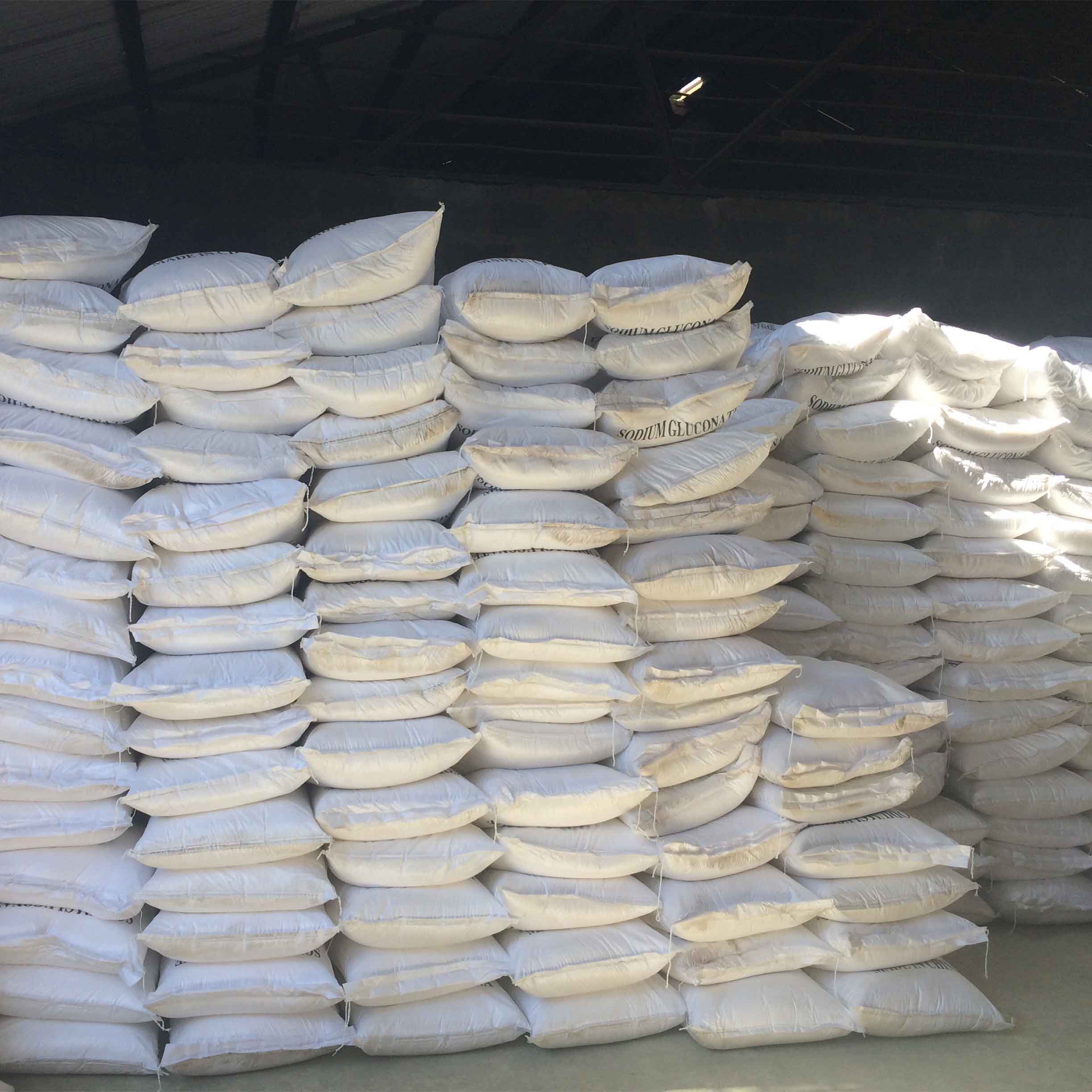
Nov . 17, 2024 00:12 Back to list
best organic vegetable fertilizer
The Best Organic Vegetable Fertilizer Nurturing a Bountiful Harvest
In recent years, organic gardening has gained immense popularity as more individuals recognize the benefits of growing their own vegetables without the use of synthetic chemicals. One of the most critical components of successful organic gardening is the use of organic fertilizers, which provide essential nutrients to plants while improving soil health. This article will explore some of the best organic vegetable fertilizers that can help you cultivate a thriving garden.
Understanding Organic Vegetable Fertilizers
Organic fertilizers are derived from natural sources and can be mineral or biological. They enhance soil fertility and structure, promote beneficial microbial activity, and improve the overall health of the plants. Unlike chemical fertilizers, organic options release nutrients slowly, which means they feed plants steadily over time and reduce the risk of nutrient leaching.
Top Organic Fertilizer Options
1. Compost Compost is one of the most widely used organic fertilizers. It consists of decomposed organic matter, including kitchen scraps, yard waste, and other biodegradable materials. Adding compost to your soil improves its structure, increases water retention, and provides a balanced supply of nutrients. It’s the ultimate soil conditioner and works well for all vegetable types.
2. Aged Manure Manure from herbivorous animals like cows, horses, and chickens is rich in essential nutrients such as nitrogen, phosphorus, and potassium. However, it must be properly aged or composted before application to avoid burning plant roots and to reduce pathogens. Aged manure enhances soil fertility and improves its ability to retain moisture.
best organic vegetable fertilizer

3. Bone Meal Bone meal is a slow-release fertilizer high in phosphorus, which is vital for root development and flowering. It’s an excellent choice for vegetables that require strong root systems, such as tomatoes and peppers. When using bone meal, ensure you mix it into the soil to maximize its effectiveness.
4. Fish Emulsion Fish emulsion is a liquid fertilizer made from fish by-products, and it's rich in nitrogen and micronutrients. It's particularly beneficial during the early growth stages of vegetables, promoting lush foliage. Fish emulsion can be applied as a foliar spray or directly to the soil, making it versatile for various gardening needs.
5. Seaweed Extract Seaweed or kelp-based fertilizers are packed with trace minerals, vitamins, and growth hormones that enhance plant health and vitality. They are particularly useful for vegetables as they stimulate root growth and improve nutrient uptake. Seaweed extract can be applied as a liquid fertilizer and is often used to combat stress in plants caused by factors such as drought or pests.
6. Green Manures/Cover Crops Growing cover crops like clover or vetch during the off-season can be an excellent way to enrich soil fertility. These plants fix nitrogen in the soil and can be tilled back into the ground before planting your vegetables. Green manures enhance soil structure, prevent erosion, and suppress weeds, leading to healthier vegetable crops.
Conclusion
The best organic vegetable fertilizers provide a sustainable way to nourish plants while promoting a healthy ecosystem. By incorporating these natural options into your gardening practices, you can achieve a bountiful harvest without compromising the integrity of your soil or the environment. Whether you choose compost, manure, bone meal, fish emulsion, seaweed extract, or cover crops, each of these organic fertilizers contributes to robust vegetable growth and overall garden health. Embrace the power of nature, and watch your garden flourish sustainably!
-
High-Quality NPK Fertilizer Raw Material Manufacturer & Supplier Trusted Factory Exporter
NewsJul.08,2025
-
Organic 20-20-20 Plant Fertilizer Supplier Premium Organic Fertilizer Manufacturer
NewsJul.08,2025
-
Ammonium Sulfate Fertilizer Market - Leading Manufacturer, Supplier & Factory Solutions
NewsJul.08,2025
-
Premium Water Soluble Fertilizer 20-20-20 Reliable Manufacturer & Competitive Prices
NewsJul.07,2025
-
10-52-10 Fertilizer Supplier – Premium NPK Compound & Granular Fertilizers for Crop Growth
NewsJul.07,2025
-
Best Blueberry Organic Fertilizer - Premium Factory & Supplier Boost Your Blueberry Yield
NewsJul.07,2025
